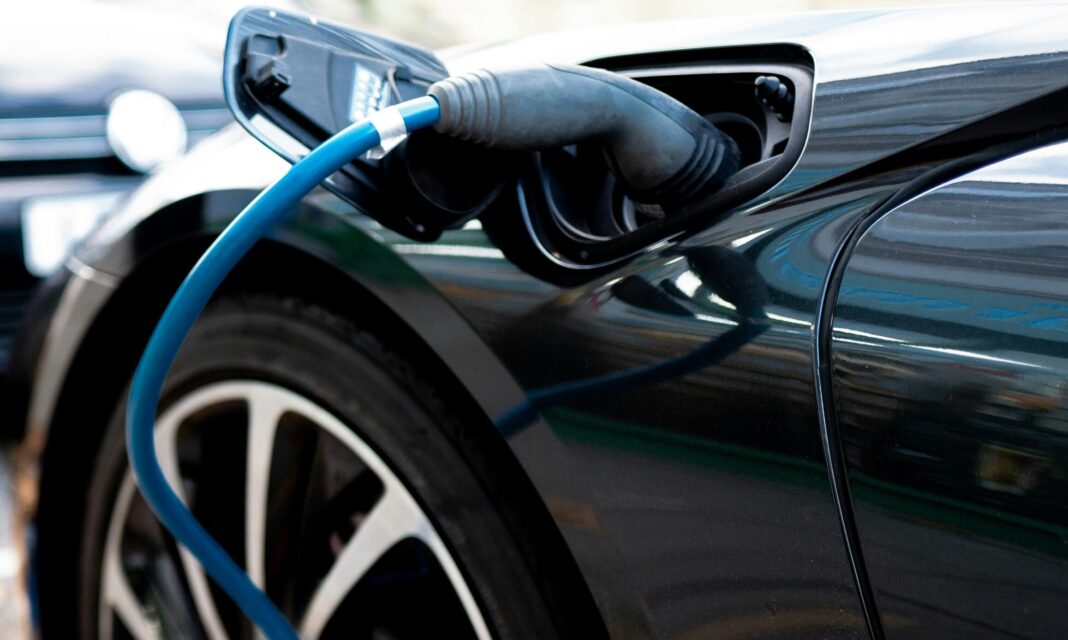At a recent company event, the top executive of German automaker BMW resisted restrictions on vehicles powered by internal combustion engines. Oliver Zipse reportedly told the Munich gathering that policymakers needed to do more to advance low-carbon alternative fuels that could be exempt from a ban enacted by the European Union. Without practical “e-fuels,” Zipse suggested that the measure would amount to a “back door” ban on European combustion engines.
During the 2023 negotiations over the ban on vehicles powered by diesel and gasoline in the EU starting in 2035, the European Parliament — amid demands from German officials — implemented an exemption for synthetic, carbon-neutral fuels that could be used as drop-in replacements in combustion engines.
Zipse argued that advancing those fuels would also help mitigate carbon emissions before the 2035 deadline, but the Daily Mail reported that the technology is at risk of being “politically instrumentalized.”
He said that BMW’s position remained that a “categorical” combustion ban would be “wrong.”
The Technology Behind E-Fuels
E-fuels are produced by combining hydrogen produced with renewable energy with carbon dioxide or carbon monoxide captured from the atmosphere or industrial sources. Supporters suggest that they could cut the carbon emissions of conventional combustion-engine cars by up to 85%.
Criticism of the EU Exemption
Opponents, however, point to those fuels’ high costs, poor efficiency, and fumes — and suggest that they offer a path for the oil and gas industry to remain involved in the transportation sector.
In addition to numerous environmental groups, critics of the loophole also reportedly included automakers Ford and Volvo, who cited their extensive investments in electrifying their passenger fleets.
Sources: DailyMail, Thomasnet




